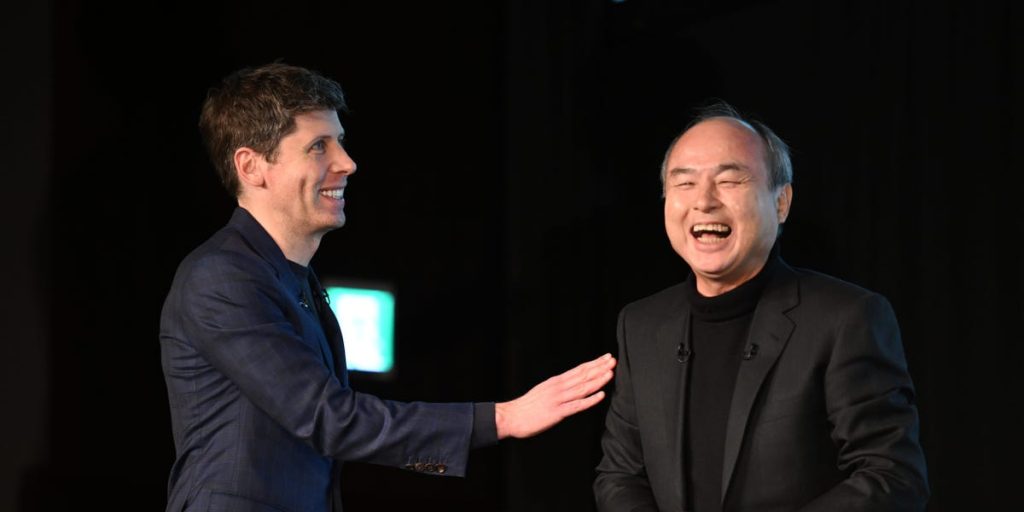I’m not qualified to give investment advice, but the market felt a little toppy this week, don’t you think? A series of signals suggested we may be over our skis on the AI investing slopes.
Yes, I recently watched the Enron documentary with my daughter Tessa, so I’m mentally primed to question more things right now. It was unnerving to watch investors and analysts largely taking the company at its word, even as it launched baffling ventures like broadband trading and expensive, fruitless infrastructure projects.
This was still on my mind when Chamath Palihapitiya resurfaced with a new SPAC this week. SPACs, an easier way to go public, are often seen as froth markers. Most of his previous SPACs launched in the COVID-era tech boom, but cratered soon after.
There’s an SPV virus sweeping Silicon Valley, as well. Symptoms include frothiness.
OpenAI CEO Sam Altman also freaked everyone out recently by telling journalists, “Are we in a phase where investors as a whole are overexcited about AI? My opinion is yes.”
“I’m sure someone’s gonna write some sensational headline about that. I wish you wouldn’t, but that’s fine,” he added. Headlines ensued, including this from CNBC.
He kept going, telling CNBC: “The models have already saturated the chat use case. They’re not going to get much better… And maybe they’re going to get worse.”
His comments followed an underwhelming launch of GPT-5, a model OpenAI spent more than two years and billions of dollars building. The performance gains weren’t huge.
Companies push AI on employees
Hugh Langley reporting/Business Insider/Google
UBS added to the gloom this week, citing an MIT study that found 95% of firms surveyed said they’ve seen no measurable return from AI investment to date.
Tech companies are still plowing ahead, though, pushing employees to use these new tools, or else.
Related stories
Microsoft has been telling staff that “using AI is no longer optional.” At some Amazon units, employees must show AI use to get promoted.
A meme from inside Google sums up the mood: “You know a technology works and is great when you’re forced to praise it to maintain your livelihood.”
Money may lose meaning, but give me some
Some have let the Kool-Aid go to their heads. Rob Price wrote this week that a few AI researchers have stopped saving because they think AGI could make money obsolete.
OpenAI even warns investors on its website: “It may be difficult to know what role money will play in a post-AGI world.”
OpenAI
Yet, OpenAI is busy raising traditional US dollars. SoftBank, famed for chasing bubbles, is leading a new round at a $300 billion valuation. Simultaneously, current and former employees are selling $6 billion of stock at a $500 billion valuation, with SoftBank again involved.
“The smartest people at OpenAI are taking $6B off the table. That should tell you everything,” Elena Gold of Red Beard Ventures wrote this week. (I asked OpenAI about all this, but didn’t get a response.)
Sign up for BI’s Tech Memo newsletter here. Reach out to me via email at abarr@businessinsider.com.


